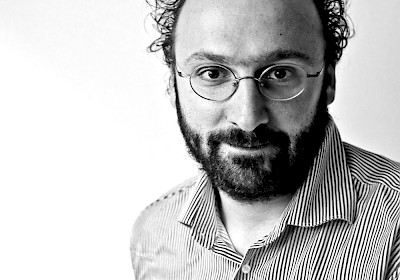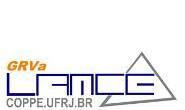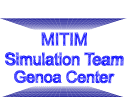Analysing Complex Systems: Healthcare – from Big Data to Deep Data via System Simulation.
by Nikolas Popper (Director DEXHELPP – Decision Support for Health Policy and Planning, Vienna; Coordinator Centre for Computational Complex Systems, TU Wien; CSO dwh GmbH – Simulation Services and Technical Solutions, Vienna).
Complexity of manmade systems increases rapidly and so do costs spent for them. National health systems invest annually more billions of Euros as the demand for health services increases (because of demographic change), but resources are limited. In addition complexity of processes increases: From diagnosis to therapy – Interventions are complex hybrid processes including e-health, decentralised services and personalised medicine.
To measure efficiency and effectiveness becomes more and more complex but is an urgent need. Development of new methods, models and technologies is needed in order to support analysing, planning and controlling. Quantity and quality of available data strongly increases and therefore facilitates the description and analysis of all areas in complex systems like health care. Based on data for healthy expenditures the evaluation for health care systems has a market of 75 to 120 Billions Euro only in the European Union.
To provide state of the art analysis for Health Technology Assessment (HTA), Comparative Effectiveness Research (CER) and Evidence Based Medicine (EBM) processes combining health system domain knowledge, knowledge of professional data processes and – last but not least – mathematical modelling & simulation will be vital to transform Big Data into Deep Data: Evidence based and reproducible knowledge.
Bringing together these technologies is an enormous challenge. Data Based Demographic models have to be combined with models for the spread of diseases. Time dependent treatment paths have to be parametrized with data sets from clinical routine joined with large scale health system data. For system simulation an important aspect is the possibility to implement changes inside the system, like interventions within the computer model, and to analyse their effects. On basis of experiences of the Austrian DEXHELPP Competence Centre for Decision Support in Health Policy and Planning, where an innovative research infrastructure – the DEXHELPP Research Server - was developed to enable researchers and other stakeholders to share data and methods for research and decision making, N. Popper will point out how big, interdisciplinary teams can handle these complex processesin future and what are similarities and differences to other complex manmade systems.
Nikolas Popper - Brief CV.

Nikolas “Niki” Popper studied Mathematics, Philosophy and Jazz Theory in Vienna, Barcelona, Catalonia (Spain) and Moscow, Idaho (US) and received his ScD (Dr.techn.) at TU Wien. Niki Popper published and presented about 150 articles and talks in journals and at international conferences. He is coordinator of COCOS “Centre for Computational Complex Systems” at TU Wien as well as chairman of DEXHELPP, the COMET K-Project (Decision Support for Health Policy and Planning: Methods, Models and Technologies based on Existing Health Care Data), which is dedicated to the development models and to efficient and safe use of data for decision making in health systems. His main research interests are theory and applications of modelling & simulation of dynamic and complex systems, especially: comparative modelling & simulation; coupling and comparison of mathematical model approaches; development of new modelling methods; implementation, parametrization, calibration and validation concepts and domain and application integration of simulation models like health system research and model based HTA (Health Technology Assessment).
He co-invented the award winning Master College for Applied Modelling, Simulation and Decision Making at TU Wien and the award winning blended learning courses in basic maths at the same university. He worked as science editor and journalist and co-founded two successful companies, the production company drahtwarenhandlung for scientific films, data journalism and computer animation and the R&D company dwh GmbH for technical solutions and simulation services, dedicated to develop new and innovative pipelines from the basic idea for a data driven analysis up to a ready for market solution. Niki Popper is married and is father of two children.











































